What Does Brain Fog Feel Like? Real People Weigh In
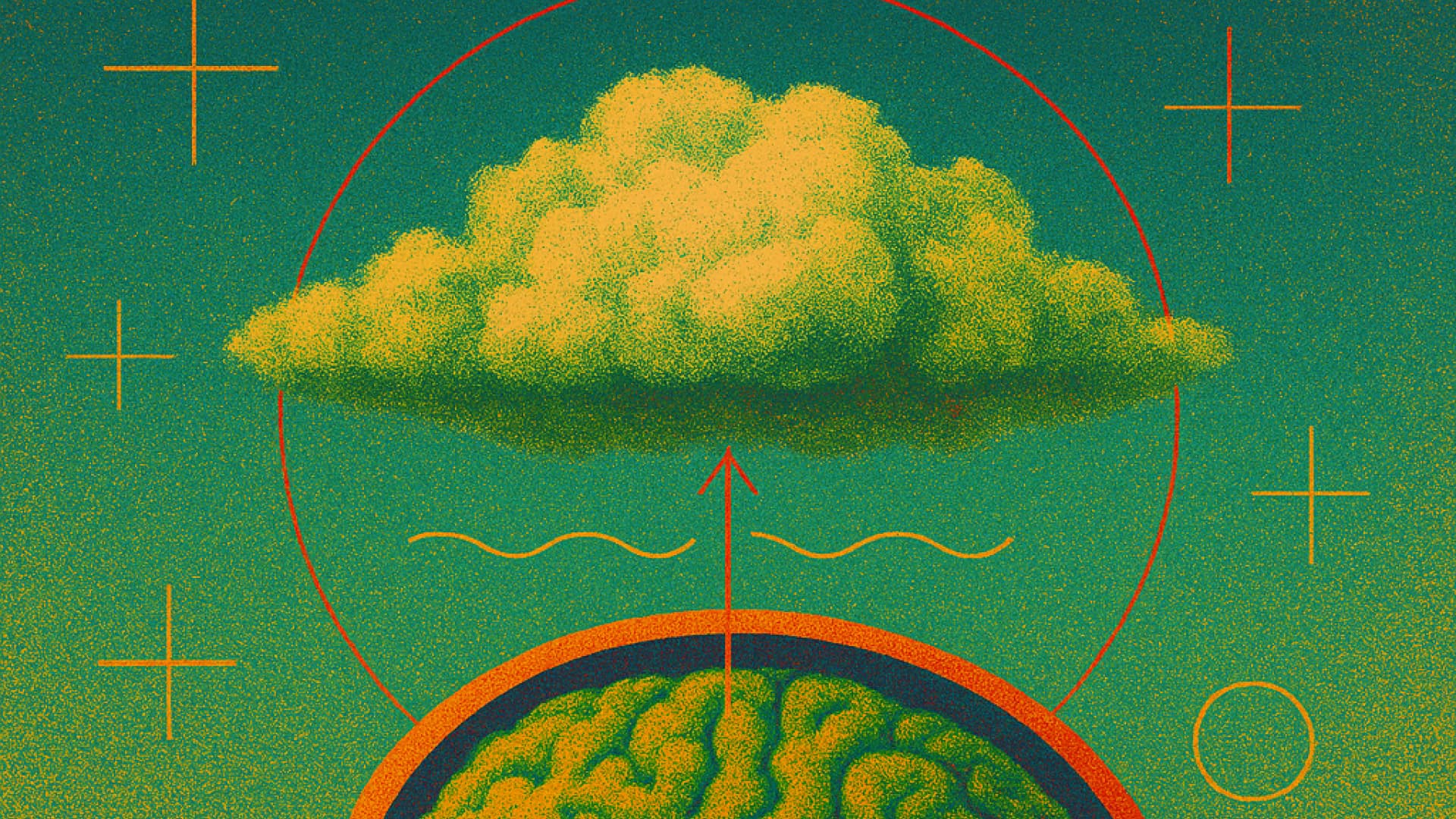
Brain feeling fuzzy? Can’t find your car keys (again) or constantly zoning out mid-conversation? The culprit might be brain fog— that cluster of mental symptoms like forgetfulness, delayed processing, fatigue, and lack of concentration. But does brain fog feel the same for everyone? We’re tapping into stories from real people to uncover how brain fog really feels, and taking a closer look at some of the health reasons behind the mental mist.
If you’ve ever experienced brain fog, you know how disorienting it can be. It feels like your brain is running on empty while life barrels forward at full speed. One moment you’re trying to remember if you closed the garage door, the next your kids are rapid-firing questions and you can’t even remember what day it is. Your head feels like it’s floating in the clouds, even though everything around you demands your full attention.
But brain fog isn’t a one-size-fits-all experience. It can look and feel different for everyone. And if you’re not quite sure whether what you're feeling is brain fog, we’re here to help you make sense of it all.
This article is for you if:
- You used to be organized, efficient, and on top of everything, but now the simplest tasks feel overwhelming.
- You find yourself staring into the fridge, forgetting why you opened it.
- You walk into a room and can’t remember what you came in for.
- You pride yourself on juggling a million things at once, but lately it feels like you’re trudging through molasses.
- Words get stuck mid-sentence, and it’s frustrating trying to finish a thought.
- Deciding what to make for dinner feels like a monumental task (ummm, this is me).
- You’ve noticed your mental fog creeping into your work, affecting your performance and focus.
- You want to be fully present with your kids, but your brain just won’t cooperate.
- You feel mentally dull, emotionally disconnected, and not quite like yourself.
- Things you once enjoyed (like curling up with a good book) feel undoable.
- You feel OFF.
If you're tired wondering, “what does brain fog feel like?”—keep reading. Understanding your symptoms and what might be causing them is the first step toward reclaiming your clarity and taking control of your health. We’re in this together.
What is brain fog?
Brain fog isn’t a medical diagnosis, but it’s a very real experience. It’s a term to describe a cluster of cognitive symptoms like trouble concentrating, forgetfulness, fatigue, and mental fog.
“My patients often describe brain fog as feeling ‘off,’ as if they’re functioning at 50% instead of their usual 100%,” says Michaela Robbins, DNP, Hormone and Longevity Expert and Founder of EAST x WEST MED. “It can affect productivity, motivation, and even mood.” In many cases, brain fog is your body’s way of saying, Hey, something’s off. Slow down and pay attention.
Brain fog symptoms
As mentioned, brain fog is a highly individualized experience that can show up in different ways for different people. “Brain fog is almost [always] a symptom and not a condition,” says Robbins. It’s often a sign that something deeper is going on, like an underlying health condition that needs attention. While no two people experience it exactly the same, hearing how others describe their symptoms can help you make sense of your own experience.
To get a better sense of what brain fog actually feels like, we spoke with 19 women who shared their own experiences. Sometimes, simply knowing you’re not alone is the first step toward getting the support you need. Here’s what they told us:
- Difficulty concentrating: One of the most common and frustrating symptoms of brain fog is difficulty concentrating. It can feel like your brain is wrapped in dense fog, so it’s hard to focus, stay on task, or follow through on pretty much anything.
- Dizziness and head pressure: For some, brain fog doesn’t just affect thinking—it comes with physical symptoms, too. Many describe an intense pressure or tightness in the head, while others experience dizziness or lightheadedness.
- Mental fatigue: Many people experience brain fatigue, and zoning out becomes the default mode. Despite getting adequate rest, they often feel mentally drained or sluggish.
- Memory issues: This is a big one—forgetting appointments, names, or entire conversations. Brain fog can leave you second-guessing yourself, like wondering if you’ve already had your coffee…or if this is your third cup.
- Confusion: Brain fog is that odd feeling where your brain just won’t cooperate. You might struggle to process what someone’s saying, lose track of your thoughts mid-sentence, or feel disoriented.
- Slowed mental processing: It can feel like your brain is moving in slow motion—like thinking through thick molasses. Making quick decisions or keeping up with fast conversations might leave you feeling a step behind, struggling to catch up as the moment slips away.
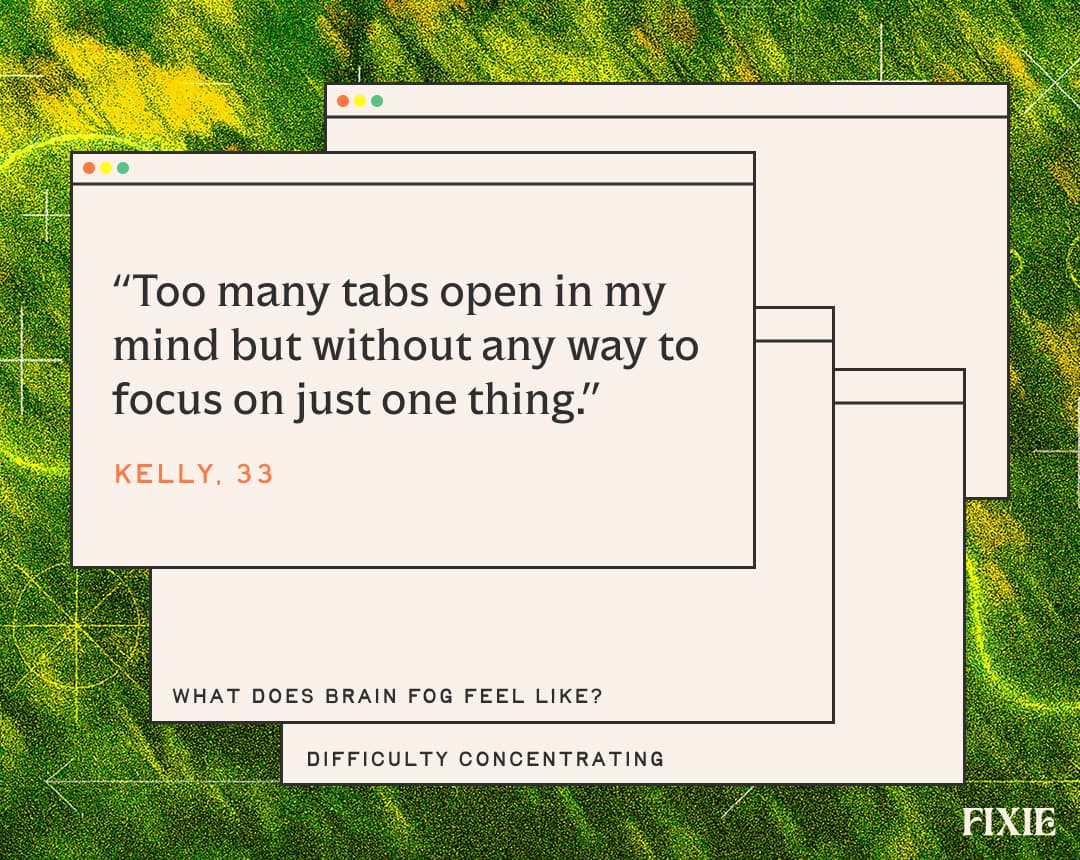
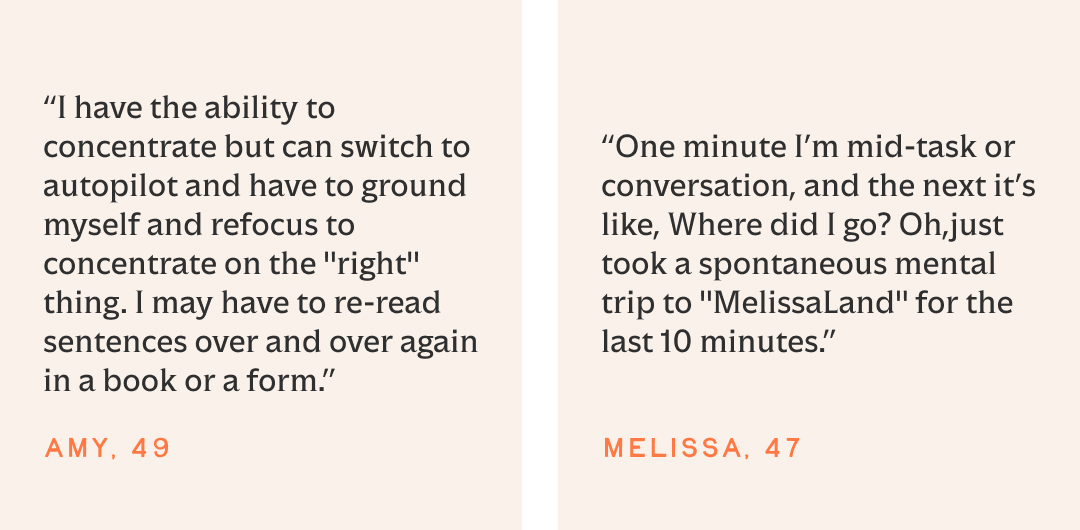
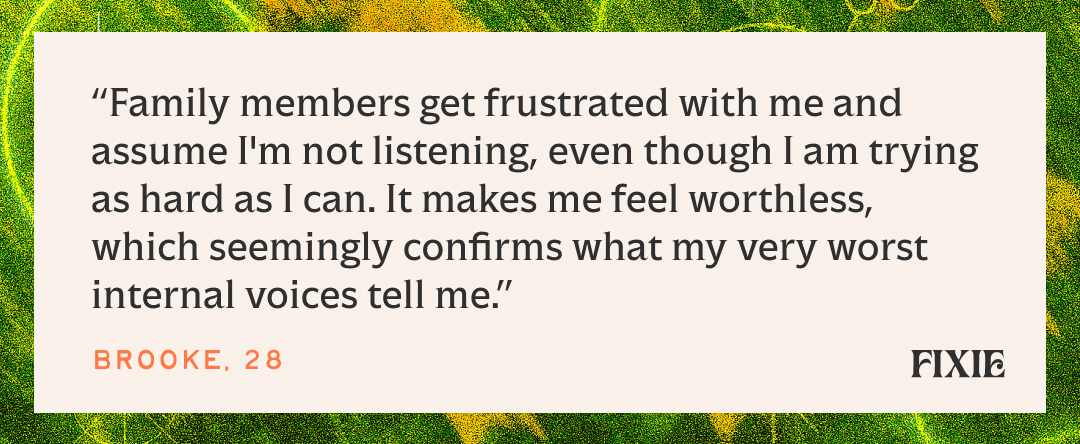
What causes brain fog?
While the exact mechanism behind brain fog isn't fully understood, research has identified several common triggers. It’s important to remember that brain fog is a non-specific symptom, and experiencing it doesn’t necessarily mean you have a serious health condition. Here are some of the most likely culprits:
Stress and brain fog
Chronic stress doesn’t just affect your mood—it can change the way your brain functions. “Cortisol impairs the prefrontal cortex, which is responsible for attention, decision-making, and working memory, which are processes involved in mental clarity,” explains Robbins.
When you're under constant stress, your cortisol levels stay elevated, which is linked to lower brain volumes, impaired memory, and may be associated with an increased risk for cognitive decline, dementia, and Alzheimer's. “Elevated cortisol also can lead to impaired sleep as well as glucose metabolism in the brain, and each of these can lead to mental fatigue and reduced cognitive speed.”
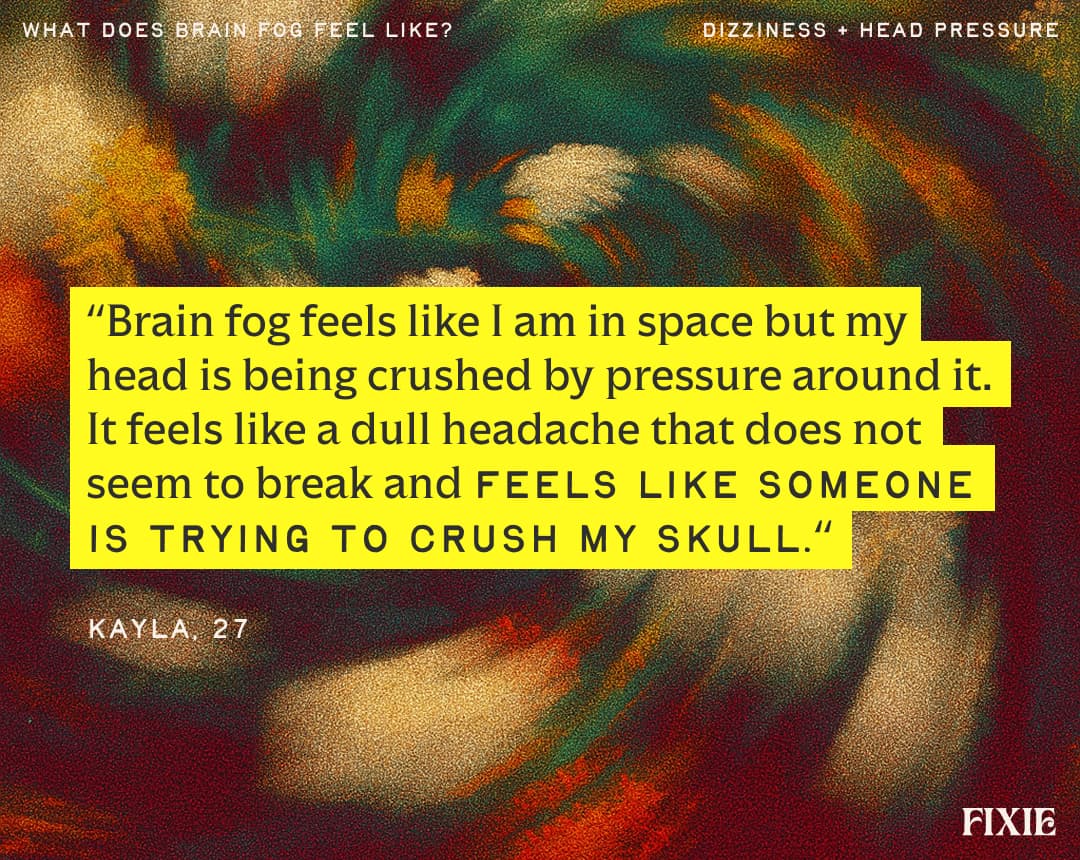

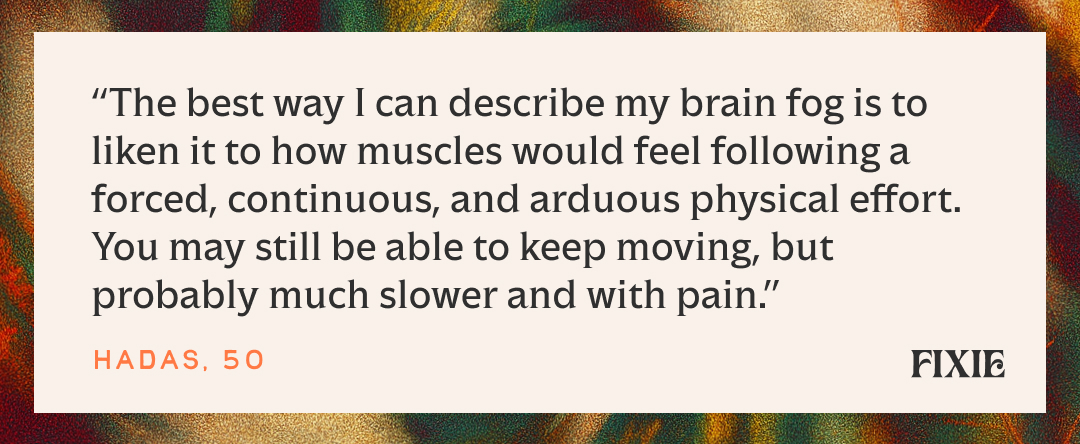
Brain fog from lack of sleep
Sleep is when your brain recharges—literally. Without enough quality rest, your ability to focus, make decisions, or think clearly starts to suffer.
“Lack of sleep or poor quality of sleep can disrupt brain function, particularly the areas and neurotransmitters responsible for attention and memory, leading to feelings of brain fog,” says Amy Brownstein, MS, RDN. As Jenai, 44, puts it, “A lack of sleep or sleep debt only exacerbates the experience.”
Interestingly, conditions like chronic fatigue syndrome, persistent fatigue lasting more than 6 months, can also be associated with brain fog. And for many of us juggling life, work, family, and everything in between, sleep often falls to the bottom of the priority list.
Depression and anxiety
Brain fog and mental health go hand in hand, and are often interconnected. “Individuals experiencing brain fog often report higher levels of depression and anxiety,” says Brownstein. These increased feelings of depression and anxiety may lead to structural changes in the brain that contribute to brain fog.
In fact, brain imaging studies of individuals with depression found changes in brain tissue in the subcortical region and reduced metabolic activity in the anterior, left side of the brain. Additionally, during a depressive episode, individuals often experience sleep disturbances, fatigue, and stress, all of which can trigger or intensify brain fog.
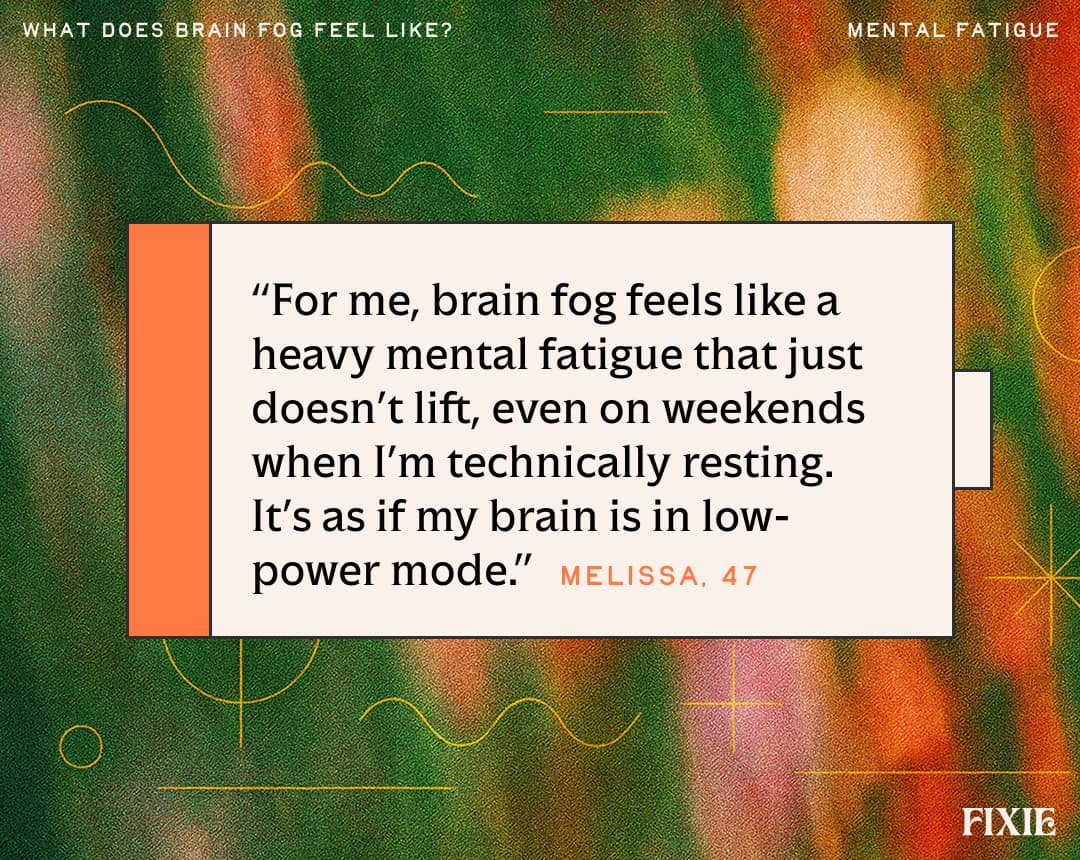
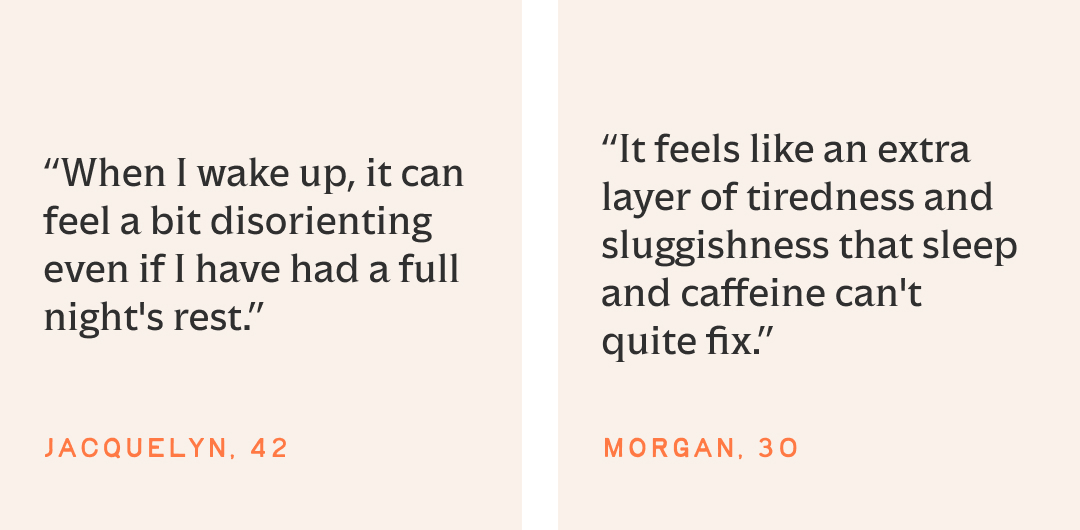
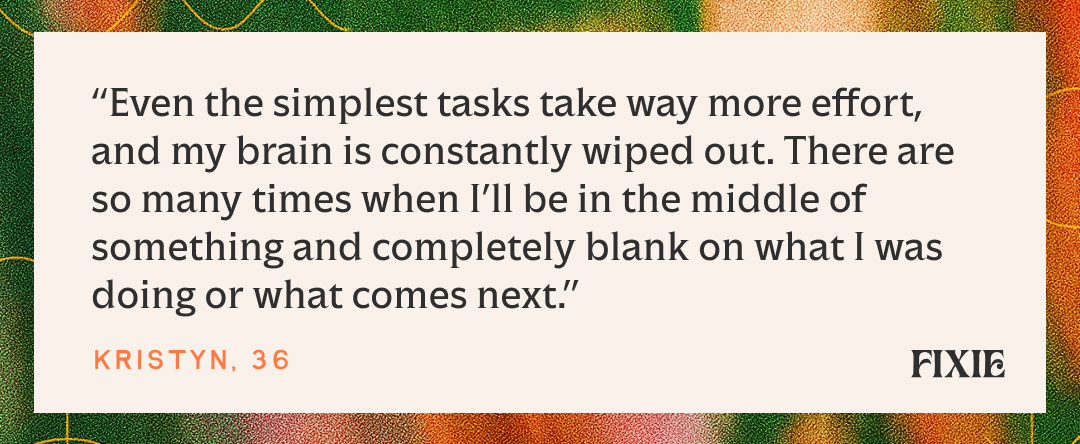
ADHD brain fog
Brain fog can also be a symptom of attention deficit/hyperactivity disorder (ADHD). While brain fog affects people with and without ADHD, those with ADHD may experience more frequent or intense episodes due to challenges with focus, attention, and processing information.
“I have ADHD, which can itself cause brain fog on days when I max out my capacity by just focusing too hard for too long and not fueling myself,” says Rachel, 39.
Also living with ADHD, Zia, 47, describes brain fog as, “Being trapped in the thick, clinging mud of a British winter. Sticky and dense, it pulls at every thought I try to move forward.”
For many, brain fog feels like an invisible symptom. Hana, who also has ADHD, points out how misunderstood it can be. She says, “It’s frustrating, isolating, and difficult to explain to others because from the outside, I look fine.” This can make it more challenging for people to seek support, feel validated, or look for solutions.
Autoimmune disease brain fog
Brain fog is a common but often overlooked symptom of several autoimmune diseases, including fibromyalgia, Sjögren’s syndrome, hypothyroidism, celiac disease, rheumatoid arthritis, and lupus. Although research is limited, one possible explanation is the increased inflammation these conditions create in the body.
“Autoimmune disease can trigger systemic inflammation and inflammatory markers that cross the blood-brain barrier and lead to neuroinflammation,” says Robbins. Chronic inflammation may interfere with normal brain function, affecting memory, focus, and mental clarity. Additionally, the ongoing physical stress of autoimmune disease can lead to cortisol imbalances, further impairing cognitive performance.
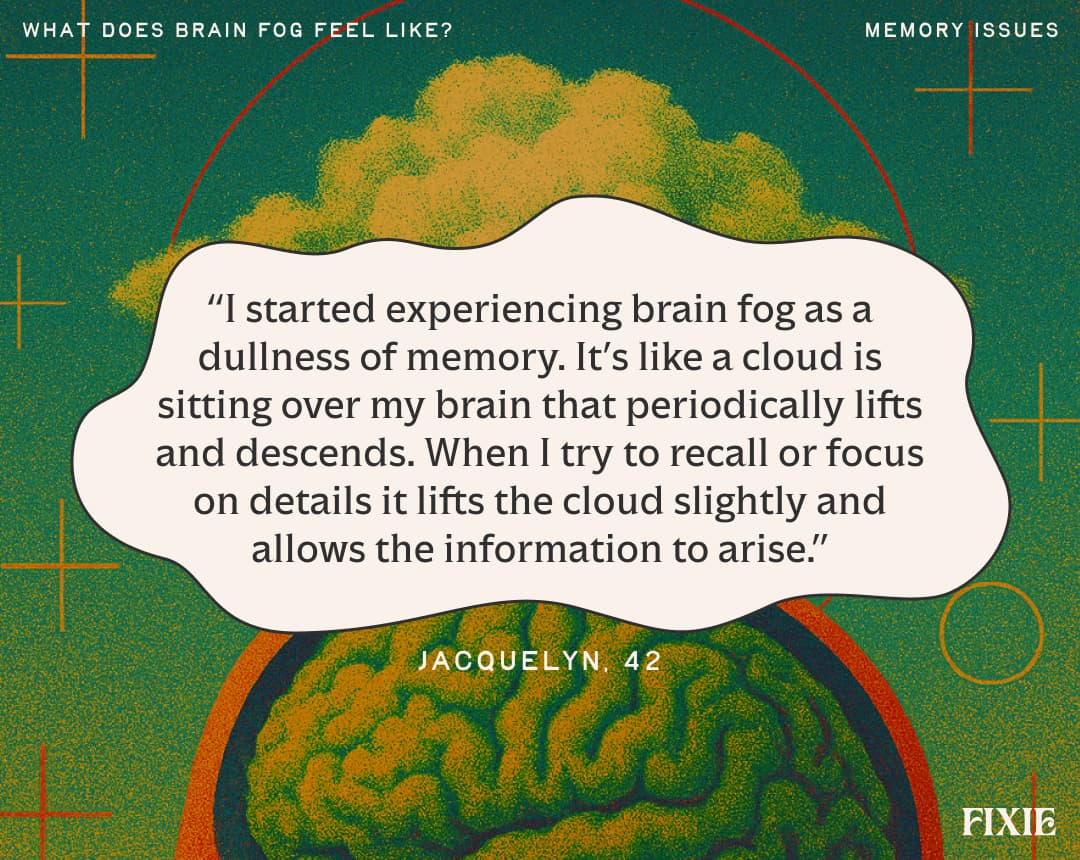
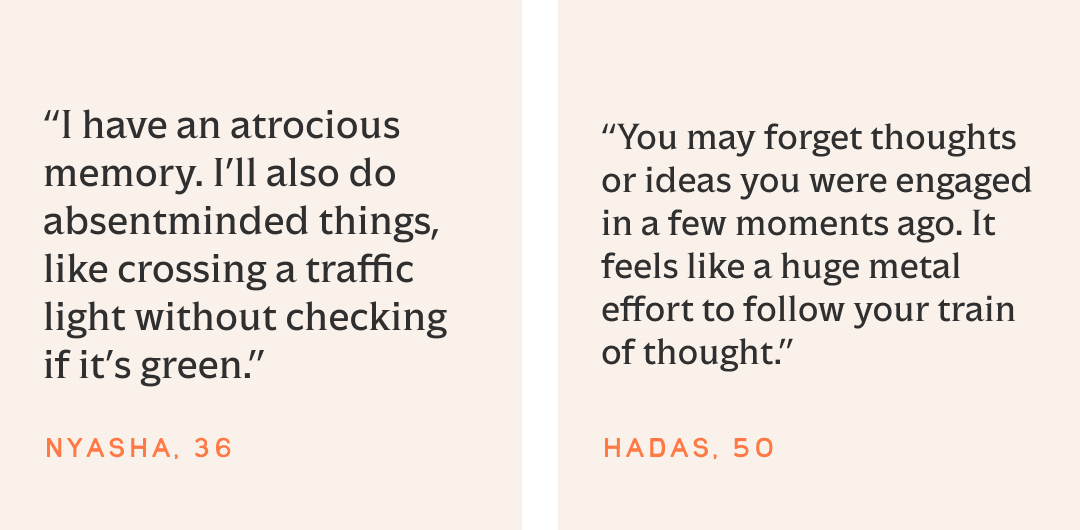
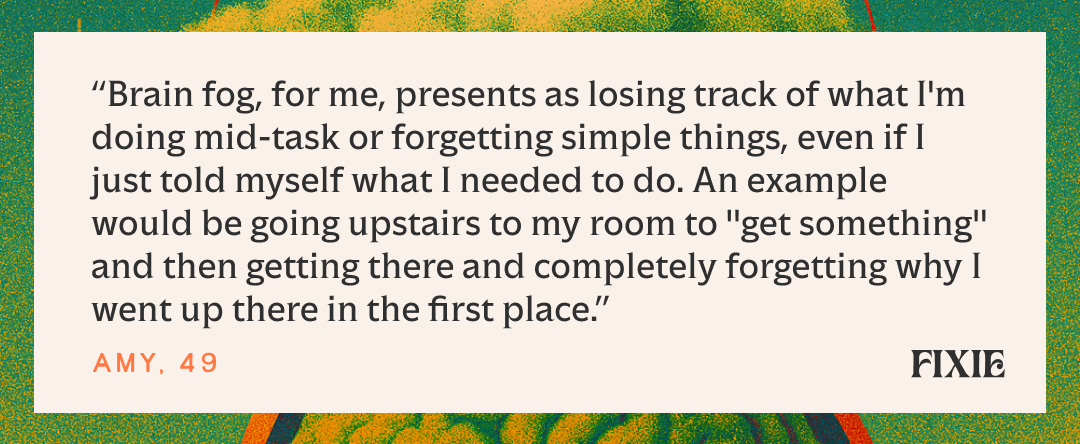
Pregnancy and postpartum brain fog
“Studies show that even minor shifts in hormones like a decline in testosterone (for men and women), a decline in estrogen leading up to menopause, chronically elevated cortisol, or even suboptimal thyroid levels can manifest as brain fog and impaired mental clarity,” says Robbins.
“Pregnancy brain” or “mom brain” isn’t just something women joke about—it’s a real phenomenon driven by changes in our hormones. “To be honest, brain fog kicked in quite a bit during my first pregnancy and never truly went away,” says Jenai, 44. “Although it seemed to lessen during certain periods of time, as I move into my 40s, it has slowly continued to intensify.”
During pregnancy and the postpartum period, levels of estrogen fluctuate significantly, which can impact brain function, mood, and focus. When estrogen levels shift, it can also affect neurotransmitters, the chemical messengers responsible for mood, memory, and focus.
“When I’ve dealt with general postpartum brain fog it feels like a chunk of my mind is missing or offline—words are harder to find and sometimes I simply cannot finish the last few sentences of a thought,” says Carli, 33.
“There is also a structural change as well. MRI studies show that pregnancy actually reshapes the brain, especially areas related to cognition, memory and emotions,” says Robbins. “Juggling two other kids on top of [postpartum] was overwhelming, and honestly, I had to keep reminding myself to cut some slack,” says Kristyn, 36. So if you're expecting a baby or just delivered a baby, that mental fuzziness you’re feeling is probably more than exhaustion.
Perimenopause and menopause brain fog
Similarly, during perimenopause and menopause, estrogen levels begin to decline, and many women notice changes in memory, focus, mental clarity, and brain fog. If you’re feeling forgetful, scattered, or mentally slower than usual, shifting hormones may be the root cause, not just aging.
“I was 43 when I finally connected the dots and realized I was in perimenopause, and it turns out I entered perimenopause earlier than most,” says Melissa, 47. “No one really prepared me for how deeply it would affect my brain, especially in terms of focus, memory, and mental clarity.”
Amy, 49, started the conversation with her gynecologist because she was 44 at the time and suspected perimenopause. She was told she was too young for perimenopause even though she had most of the symptoms. Finally, Amy started working with a specialist who confirmed perimenopause and started treatment which helped reverse the brain fog. She said, “I realized I suffered longer than I should have had to.”


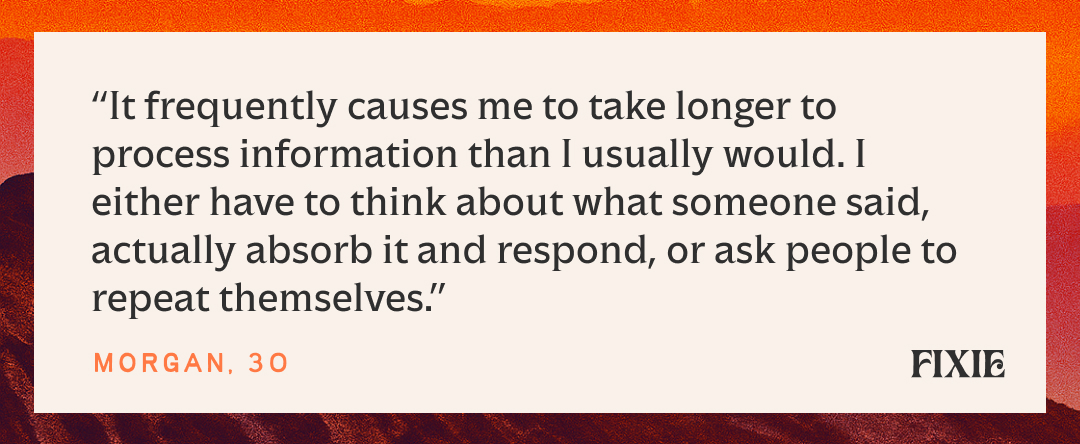
Brain fog caused by diet
Your brain runs on what you feed it. Diets high in added sugars, ultra-processed foods, or low in key nutrients like iron, B vitamins, or omega-3s can lead to sluggish thinking and low energy. For example, sugary foods can spike blood sugar, crash it, and leave you in a foggy daze.
And if a nightly glass (or two) of wine is your go-to stress relief, it might be working against you. Alcohol messes with how brain cells talk to each other, and over time, that can affect how your brain operates.
On the flip side, eating a diet rich in whole foods (like fresh produce, whole grains, lean protein) provides the body with essential vitamins and minerals to keep your brain healthy. “Antioxidants, polyphenols, and healthy fats (like those found in fish and nuts) help reduce inflammation and support brain health, potentially influencing brain fog,” says Brownstein.
And don’t forget hydration. Your brain is mostly water, so even being a little dehydrated can mess with your ability to think clearly. If you’re feeling foggy, scattered, or like your brain is in loading mode, sometimes all it takes is a decent meal and a big glass of water.
Brain fog caused by nutritional deficiencies
Many nutrient deficiencies are linked to brain fog. Low levels of B vitamins, vitamin D, magnesium, zinc, selenium, iron, calcium, and omega-3 fatty acids, can all negatively impact nervous system function and result in brain fog symptoms. “These nutrients are critical for neurotransmitter production, brain function, and overall mental health, with deficiencies linked to a greater risk of depression, which can exacerbate brain fog,” says Brownstein.
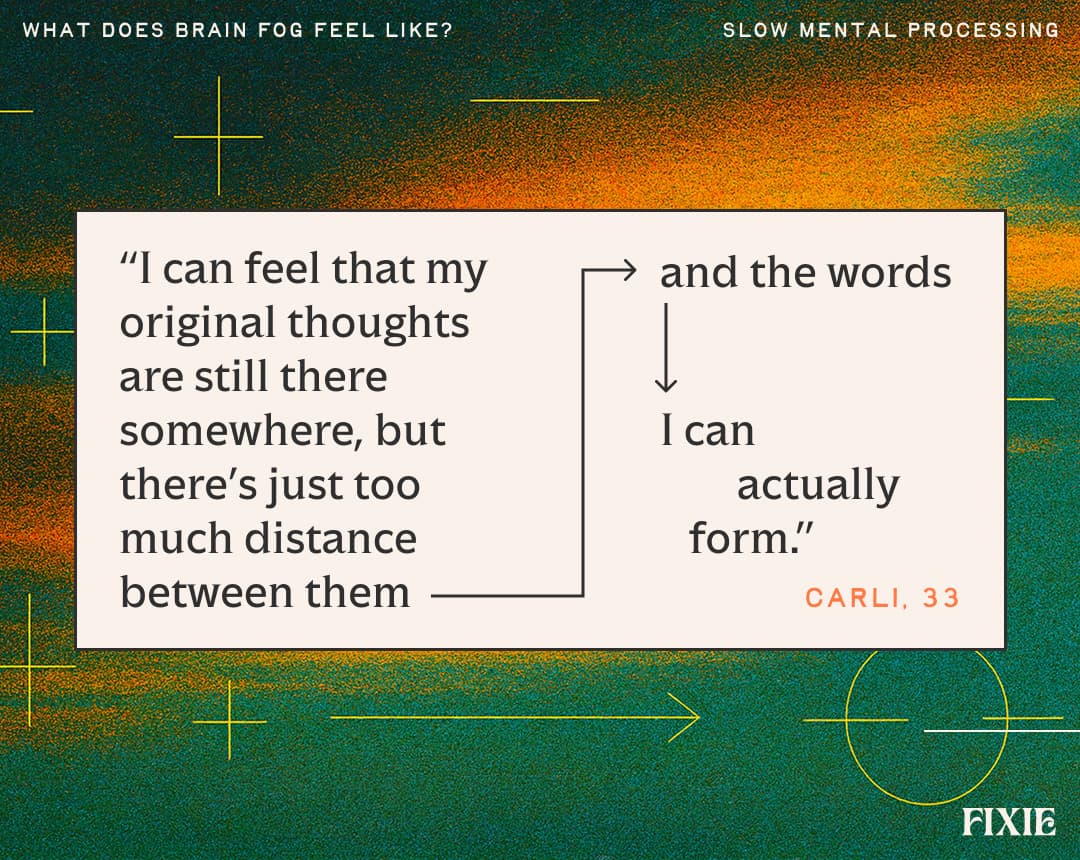

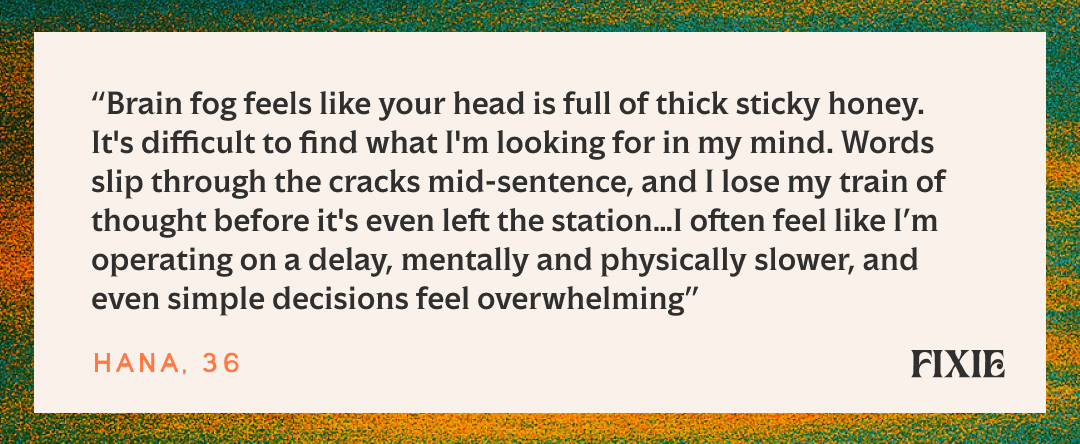
COVID-19 brain fog
Brain fog has become one of the most talked-about symptoms of long COVID-19—and for good reason. Emerging research suggests it may be linked to systemic inflammation in the body caused by the virus. “COVID can cause widespread inflammation, including neuroinflammation, similar to the autoimmune response,” explains Robbins.
Many people with COVID report lingering cognitive issues, such as trouble with memory, concentration, and mental clarity. While these symptoms are often temporary, studies on long COVID suggest that this inflammation can persist for months, even years, in some people, in some cases, raising concerns about the potential for chronic brain fog.
Chemotherapy brain fog
After being diagnosed with colon cancer, 65-year-old Denise Porretto began experiencing brain fog following chemotherapy.
“I had heard about ‘chemo brain,’ and I hoped against hope that I wouldn't experience it, but unfortunately, I am,” she says. “I have trouble recalling names and also words—nouns, adjectives, phrases.”
Although the exact cause isn’t fully understood, many people undergoing cancer treatment report changes in memory, thinking, and concentration.These cognitive effects can result from chemotherapy, radiation, immunotherapy, hormone therapy, surgery, and medications.
When should I be worried about brain fog?
Brain fog on its own usually isn’t something to panic about—it’s a symptom, not a diagnosis. But if it starts getting worse and severely interferes with daily life, consult your healthcare professional for further guidance and support.
How to get rid of brain fog naturally
Once you’ve pinpointed the cause of your brain fog, you can take a few simple, natural steps to sharpen your focus and clear the mental haze.
- Prioritize sleep: Getting enough zzz’s is important so your body and brain can function properly. When you’re well-rested, your brain can process information, store memories, and think clearly. Aim for 7 to 9 hours of uninterrupted sleep each night to help lift the fog.
- Incorporate exercise: Exercise isn’t just for your body—it’s fuel for your brain. “Regular physical activity enhances blood flow to the brain for greater cognitive function,’ says Brownstein. A brisk walk, light stretching or yoga, or using the stair-climber can make a big difference.
- Practice stress management: High stress and elevated cortisol levels are major brain fog culprits. While managing stress isn’t always easy, practices like mindfulness, meditation, breathing exercises, or simply taking breaks during the day can help calm your mind and reduce mental fatigue.
- Support your gut: Your gut and brain are deeply connected through the gut-brain axis. Add in probiotics and fiber-rich foods like vegetables, beans, lentils, and whole grains to nourish your gut and support mental clarity.
- Eat a healthy diet: Focus on whole, nutrient-dense foods that support brain function. Include plenty of leafy greens, berries, lean proteins, omega-3-rich fish, nuts, and seeds. Avoid overly processed foods, added sugars, and alcohol, which don’t do your brain any favors.
The bottom line
Brain fog feels different for everyone, no matter the cause—whether it’s stress, hormones, poor sleep, or mental health conditions. Common symptoms include trouble concentrating, mental fatigue, and memory issues. Fortunately, simple lifestyle changes can help clear the fog and help you feel like yourself again.
Key takeaways
- Brain fog is a common symptom that can result from various lifestyle and health factors.
- Brain fog feels different for everyone, but typical symptoms include forgetfulness, mental fatigue, head pressure, and trouble focusing.
- There isn't a single cause of brain fog—it can be a symptom of multiple underlying issues, such as nutrient deficiencies, mental health conditions, lack of sleep, hormonal imbalances, autoimmune conditions or chronic stress.
- Simple strategies to reduce brain fog include improving your diet, adopting healthier lifestyle habits, and addressing the root cause of your symptoms.
Frequently Asked Questions
The length of brain fog varies from person to person. For some, it lasts only as long as a flare-up of an underlying health condition. For others, brain fog can persist for weeks or even months, depending on the cause and individual factors.
Yes, brain fog is a real symptom that many people experience. It can be caused by factors like poor diet, nutrient deficiencies, mental health conditions, autoimmune diseases, and more.
The brain regulates cognition and mood, and water makes up 75% of the brain. When you’re dehydrated, your brain cells don’t work as well, which can affect clear thinking, focus, and short-term memory.
Yes, brain fog can go away, especially with natural remedies like improving sleep habits, increasing your intake of B vitamins and omega-3 fatty acids, and prioritizing healthy lifestyle choices like managing stress and getting regular exercise.
If your brain is running on empty, certain vitamins can help grease the wheels. B vitamins like folic acid, thiamine, vitamin B6, and vitamin B12 are crucial for brain health, specifically brain metabolism, neurotransmitter production, and DNA repair.
“Some research suggests that supplementing with these nutrients may improve memory, attention, and overall cognitive function, particularly in individuals with mild cognitive impairment,” explains Brownstein.
“Omega-3 fatty acids are beneficial for memory and attention, potentially as a result of their anti-inflammatory properties and role in preserving nerve health.” The most effective diet-based brain fog treatment is simply eating a well-balanced, nutritious diet that supports overall brain health.
“Alcohol alters brain structures and function, disrupting neurotransmitter systems and leading to inflammation,” says Brownstein. These changes can interfere with focus, memory, and mental clarity. Plus, chronic alcohol use can lead to nutrient deficiencies, which can further exacerbate brain fog.
Latest Posts
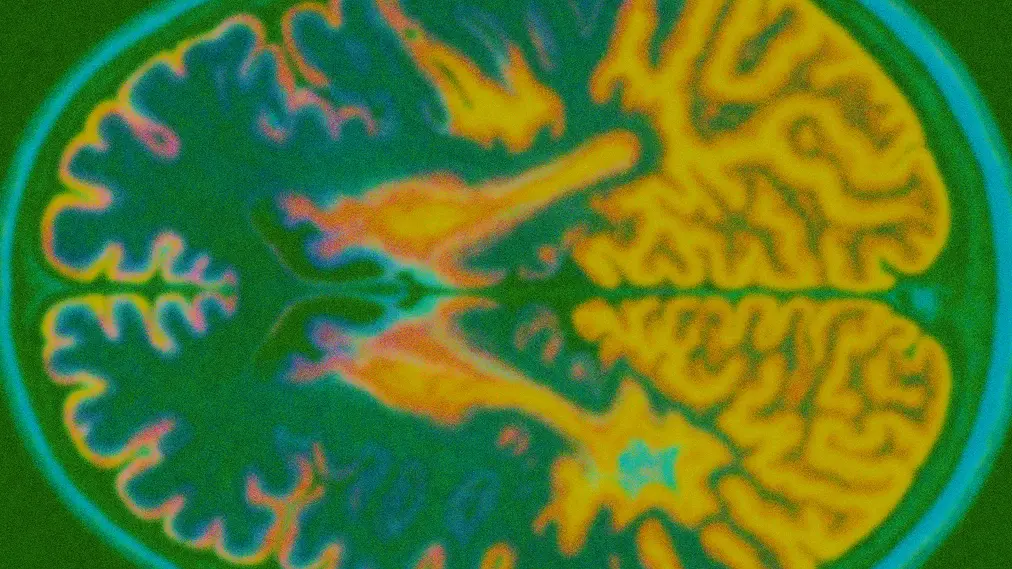

%20(1).JPG)




.svg)


.jpg)
